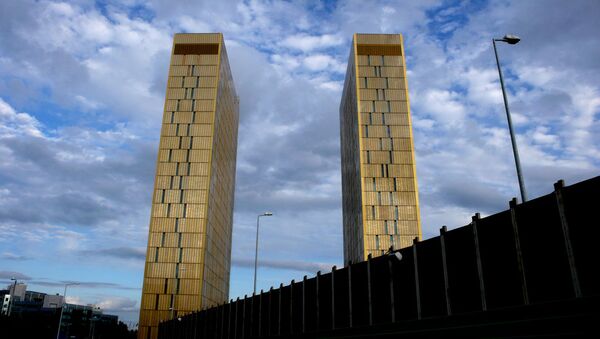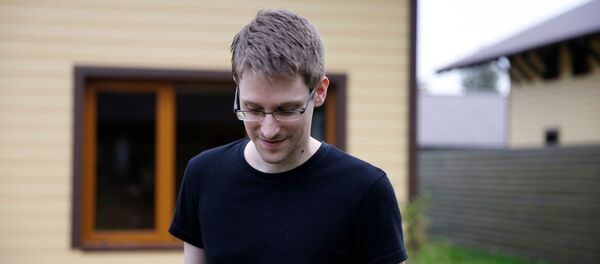In compliance with the EU legislation, competent national authorities must refrain from "carrying out detailed questioning as to the sexual practices of an applicant for asylum," the court said in its ruling.
It also stated that national authorities were not to accept evidence such as the performance or video material of sexual acts or submission to tests, even if these are proposed by the applicant.
The decisions came as EU’s top court was passing judgment on a case involving three foreign nationals who had lodged applications for asylum in the Netherlands, stating that they feared persecution in their respective countries of origin over their sexual orientation.
The applicants were reportedly asked questions about their sexual practice which were in breach with their right to human dignity and did not take account "neither of the shame that the applicant could feel during the hearings nor of the cultural reservations that would prevent him from speaking freely of that orientation." One of the applicants also submitted a video recording of intimate acts with a person of the same sex, the court said.
The asylums were rejected due to alleged lack of credibility.
The Court of Justice of the European Union ruled in 2013 that homosexual asylum seekers could claim refugee status over fear of persecution over their sexual orientation.
However, "the mere existence of legislation criminalizing homosexual acts" would not be enough to be granted asylum, the court said, noting that it is up to national authorities to examine how such laws and regulations are enforced in the applicant’s country of origin.




